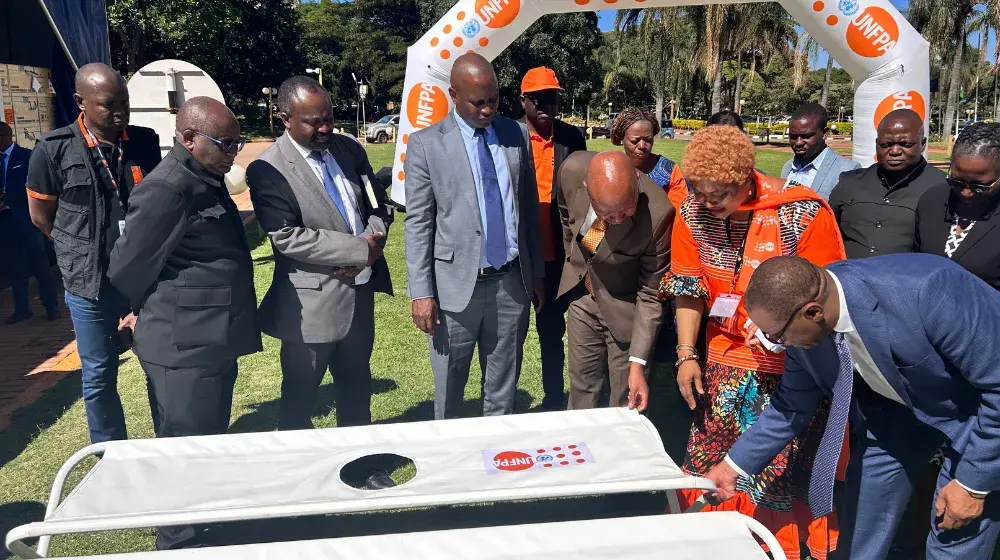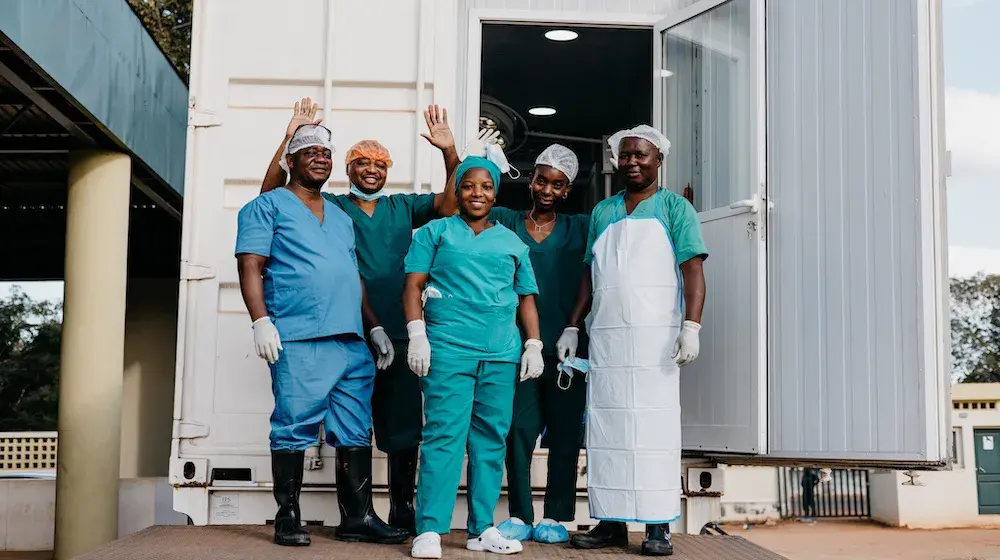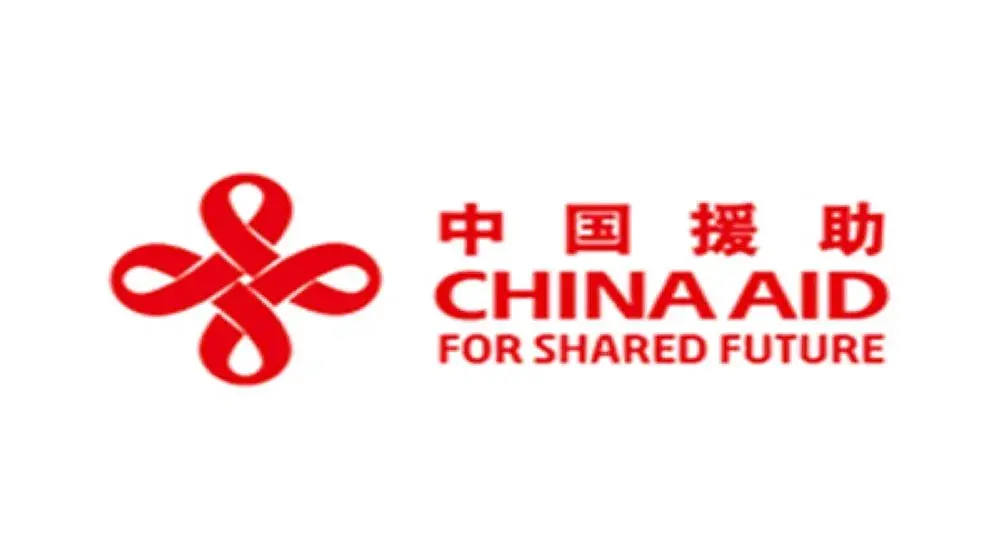Maria Mwakutukusa (20) from Muchadziya area of Chimanimani was airlifted from her village to Chipinge District Hospital at the height of the devastation of Cyclone Idai. With the destruction of the road network that came with the cyclone and being pregnant with her first child, the nurses at Muchadziya Clinic advised her it would be best to stay close to her health facility in case of labour.
“When the cyclone began there were heavy rains and winds; it seemed the steel roof on our house would be blown off,” recalls Maria. “I told my husband I was not comfortable sleeping in that house and we moved to our grass thatched kitchen hut with his two brothers. When we woke up the next morning the house we had abandoned had been razed to the ground and the roof blown away…we were all shocked.”
Maria found she had lost all her belongings in the floods, including her “preparation” for her unborn baby.
“I tried to pick up some of the clothes and washed them but because it continued to rain for three days the clothes and mattress became all mouldy and we had to throw them away.”
Maria was airlifted from her Muchadziya village on April 10, 2019 to Chipinge District Hospital and on arrival, an ambulance ferried her to Mutambara Mission Hospital in the Manicaland Province, about 350 kilometres outside the capital Harare.
“We stayed for four days at the clinic before we were airlifted. When the nurses called me I didn’t think twice about it,” says Maria. “I knew I was still far off (32 weeks) but I did not want to take a chance with the roads destroyed. I knew that at this hospital I would deliver my baby safely.”
For many years now UNFPA has been responding to humanitarian situations like this – restoring dignity, protecting women and girls from harm and abuse and ensuring no woman dies due to pregnancy. Tropical Cyclone Idai disaster of March 15, 2019 resulted in injuries, loss of life and severe destruction to critical infrastructure (health, education, water and sanitation, electricity and shelter). Manicaland province was severely affected with the greatest impact and destruction being in Chimanimani and Chipinge districts. An estimated 237,000 people from the two districts were affected with about 75% of them being women, young people and children.
At the height of Cyclone Idai the UNFPA supported the airlifting of pregnant women to health facilities to ensure women have skilled birth attendance. The women were sheltered at Maternity Waiting Homes that were set up before the cyclone to provide temporary shelter to women with high risk pregnancies and to those who stay far from health facilities, another intervention to ensure women deliver their baby safely. It is through such lifesaving interventions supported by UNFPA and its partners that women like Maria look into the future with hope.
“While here at the shelter these women can have access to adequate health care; we check their blood pressure, baby’s breathing (heart rate) on a daily basis and as soon as they go into labour it’s a few minutes to get to the labour ward to get care; they do not have to worry about transport and other things that they would normally worry about at home,” explains Sister Mefou who oversees the Maternity Waiting Home at Mutambara hospital.
Maria safely delivered a bouncing baby boy at Mutambara Mission Hospital. She has called her baby Munamato (prayer) because she says it is through her faith that she and her family are alive today. Now begins the journey of rejoining her family and rebuilding their lives after the devastation of Cyclone Idai. –Bertha Shoko



